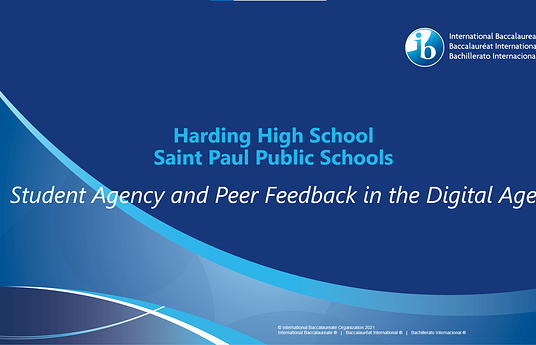For the past 10 years, Designathon Works has been championing a radical shift in how society and education systems view children. What if we saw them as creative changemakers—engaged individuals, scientists, and inventors? And what if we supported them in developing these abilities? By collaborating with teachers and after-school educators, we aim to nurture a creative mindset that empowers the next generation of changemakers.
Why We Aim to Educate a Million Changemakers
We believe that in today’s rapidly evolving world, two critical abilities are creative thinking and changemaking, closely followed by digital and technological literacy. This is why Designathon Works has developed training and lesson materials that use a Design Thinking approach, focusing on the Sustainable Development Goals, reinforced by Maker Education (STEM).
Key Points in Professional Development for Teachers and Educators
While having an engaging, user-friendly method for children is crucial, enabling teachers to adopt new approaches and facilitate children’s growth toward unexpected outcomes is a bigger challenge. Our online and offline training includes hands-on experiences where teachers rediscover the joy of inventing solutions and making prototypes. Equally important is helping educators understand creativity, its development, and how to assess it.
Here’s an overview of the foundational elements in our professional development program:
- Mindset shift: Viewing children as serious sources of ideas and vision.
- Transitioning from “I will tell you” to “I want to hear your ideas.”
- Shifting from “I answer” to “I ask questions that help you form your ideas.”
- Explaining creative thinking and how it can be cultivated using models and research from experts like Teresa Amabile, Guildford, Torrance, and Rubert Wegerif.
- Encouraging educators to explore their creative growth.
The Learning Model Behind the Professional Development
Building on these foundations, the training provides teachers with practical tips to become dialogical practitioners. This includes offering feedback prompts, asking questions that elicit children’s ideas, and using a tone that doesn’t influence children’s choices, fostering their imaginative exploration. We focus on the following shifts in teaching:
- How can teachers help students explore various solutions?
- How can you teach a process rather than expect the right answer?
- How can you create a collaborative, non-hierarchical classroom?
- How can you celebrate the diversity of ideas instead of focusing on the "right" one?
- How can you assess a child’s process qualitatively?
- How can we create environments conducive to creativity and collaboration?
- Mapping Designathon content to national curricula.
Teacher Training and Tools
Our offerings for teachers and educators include:
- Online training on the Designathon method and lesson materials.
- Lesson materials and tools to use in classrooms.
- Assessment tools for qualitative evaluation of student work.
- A community platform for sharing knowledge and connecting with the global Designathon network.
Together, we learn from classroom and after-school experiences, exploring settings, materials, group dynamics, warm-up exercises, peer feedback, and technologies.
What Makes the Designathon Approach Unique
Designathon is distinct from other educational methods because:
- It follows a structured, open-ended process focused on the Sustainable Development Goals, fostering student agency, as endorsed by the OECD 2030 Future of Education and Learning Framework.
- Students gain knowledge, 21st-century skills (creative thinking, complex problem-solving, collaboration, global citizenship), and the empowerment to take action in ways they choose.
- The method is universal and inclusive, supporting students of all socio-economic backgrounds, abilities, and countries.
How We Create Impact at Scale
We collaborate with a global network of educators and community organizations, coordinated by our HQ in Amsterdam. So far, we've worked with over 120,000 students and trained more than 900 educators who use our methods. Our community platform serves as a hub for sharing knowledge and connecting the global Designathon community.
Our annual Global Children’s Designathon takes place across globe. From shanty towns in Africa to private schools in Asia, we engage students of all backgrounds, recognizing that every child has something valuable to contribute. Our beneficiaries include the students, educators, and partner organizations we work with.
We believe this is just the beginning of this creative teaching movement, but it is definitely a great sign of the type of educational experiences and mind shifts that we wish to see in the classroom and beyond.


